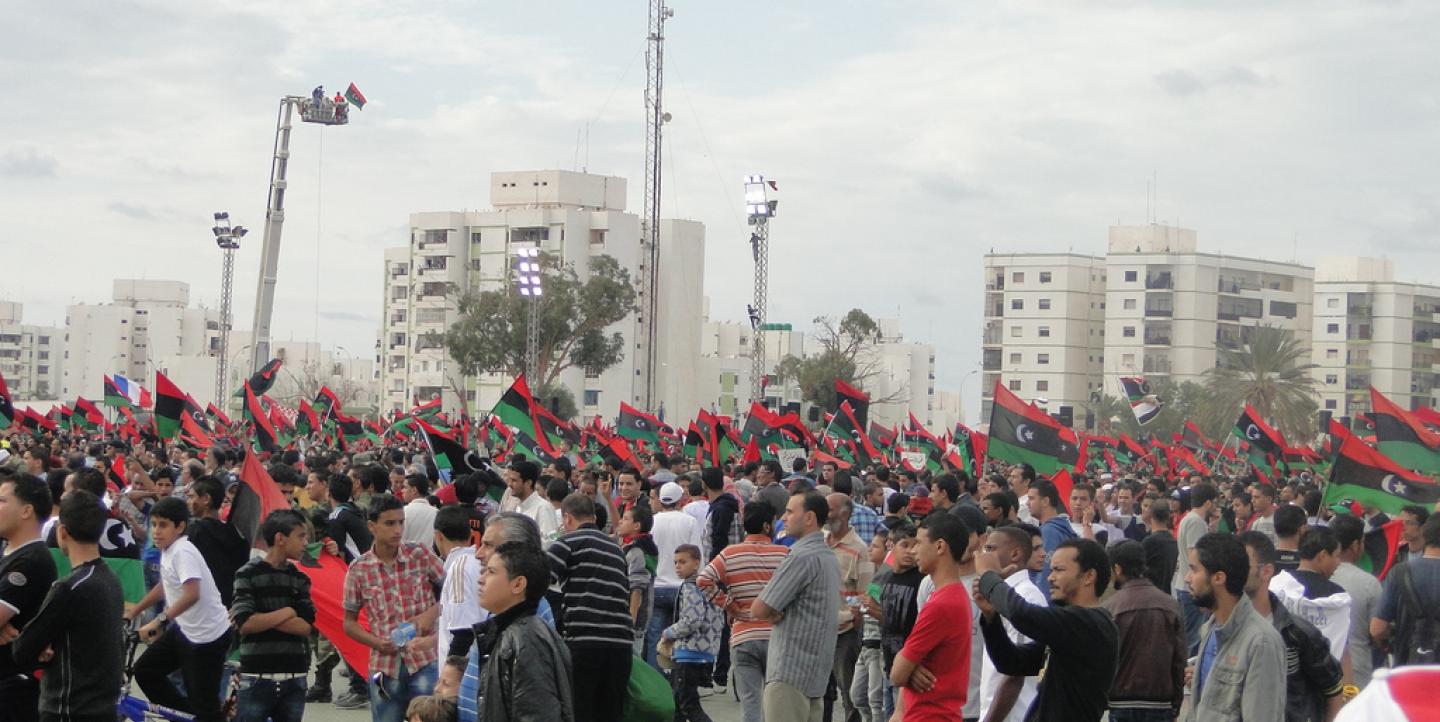For freelance journalists working in Libya, finding ways to report the news in an ethical, professional manner while staying safe has become increasingly difficult ever since the 2011 overthrow of dictator Moammar Gadhafi.
“Since then, journalists have increasingly been caught in the crossfire between two opposing sides,” wrote the Committee to Protect Journalists. “Dozens of journalists have been kidnapped and captured, and some have been killed.”
To help Libyan freelancers better navigate these acute challenges, the Rory Peck Trust recently released its Freelancing in Libya toolkit. The resource forms part of the Trust’s two-year project aimed at strengthening skills and safety for independent reporters working in Libya, which receives funding from the UN Democracy Fund.
The free resource covers many areas of freelancing, including safety and ethics on assignment; negotiating, fees and expenses; local and international protection networks and more. Many of its tip sheets and guides contain tailored advice for working within Libya’s media environment, which ranks at No. 154 out of 180 countries on Reporters Without Borders’ 2015 press freedom rankings.
The toolkit isn’t reserved exclusively for journalists in Libya, however; freelancers in any country with a harsh media environment can likely find useful tips and tools within it, said Annika Savill, executive head of the UN Democracy Fund, in a statement.
"The murders of freelance journalists James Foley and Steven Sotloff, and the growing restrictions on media in a range of countries, make even more relevant and important the work, courage and safety of independent journalists worldwide,” she said.
The full resource kit can be found here.
Main image CC-licensed by Flickr via Magharebia.


